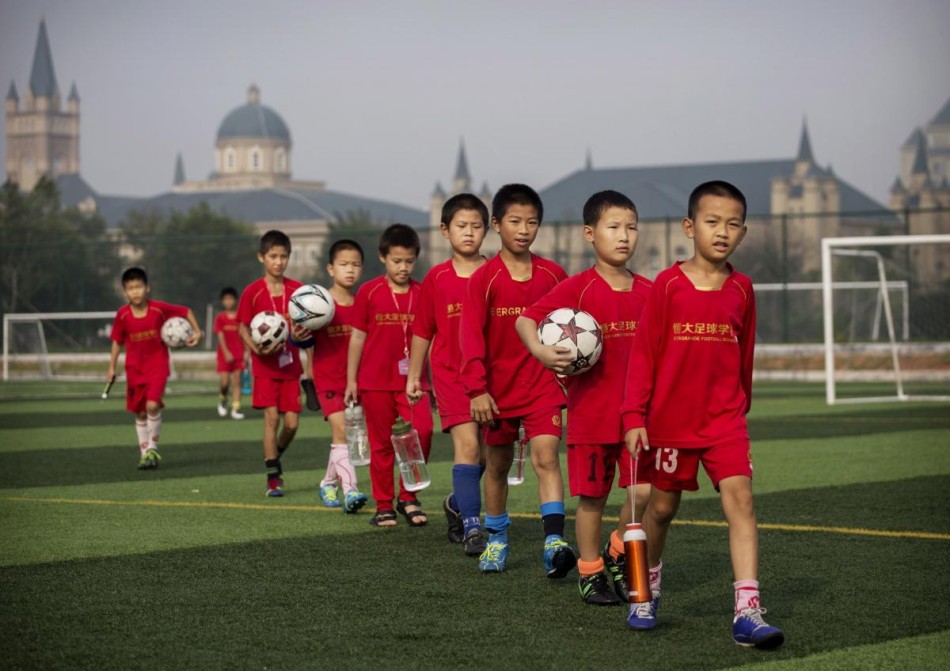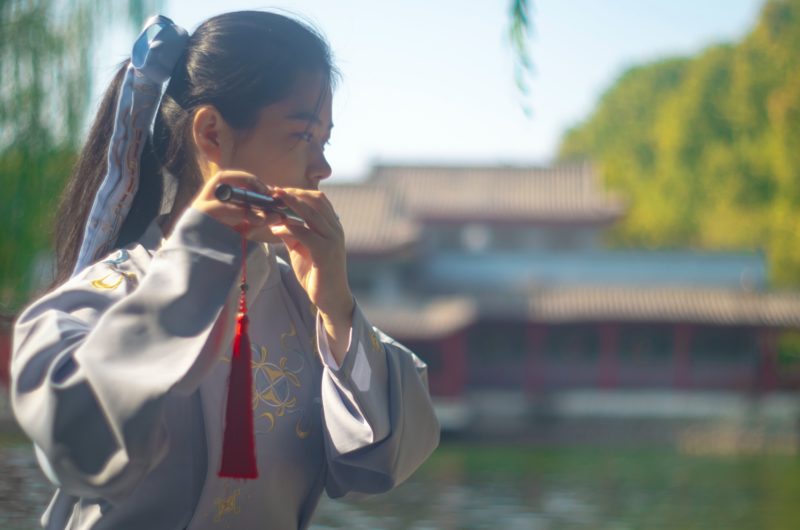
For a country currently ranked 78th in the FIFA World Rankings, shadowed by the likes of Burkina Faso and Guinea-Bissau, China’s ambition to become a world footballing superpower by 2050 is viewed by most as nothing short of a pipe dream. However, stood on the Bund in late 20th century China, people would have called you crazy for suggesting that the muddy land to the east of the city would soon rise to become the financial capital of China and one of the busiest and most prosperous areas in the world. You can’t doubt China’s ability to pursue a goal no matter how far-fetched it seems, but can pockets far deeper than China’s lowly position in the world rankings and a president who is ‘football mad’ really allow China to buy its way to the top of the ‘beautiful game’?
For years, the male Chinese national team has been nothing short of a national embarrassment, and the comparative success of the women’s team is little consolation to a country so passionate about the sport that angers it the most. Throw in the ability of football to exert soft power and a country that has fast risen to become a giant on the international stage, and you soon realise that the drive for footballing success is deeper rooted than it first appears. Football is politics and that makes humiliation on the international stage inexcusable. After China’s 5-1 loss to Thailand on Xi’s 60th birthday in 2013, an angry mob blocked the team bus and the result brought a sense of national shame throughout China. The same year saw 33 players and officials banned for match-fixing, although like corruption elsewhere in China, great efforts have been made to clean up the sport in recent years.
Earlier this year, the Chinese government released a charter to overhaul football in China. Plans include ensuring that there is at least one football pitch for every 10,000 people and that the international men’s team should rise to become one of the best in Asia by 2030. Modest aims, perhaps, at least initially, but when the draft also includes the desire for the team to become a ‘world-class footballing superpower’ by 2050 despite only qualifying for the World Cup once in the past three decades, you realise quite the magnitude of what is being tasked.
While Xi was still vice-president in 2011 he expressed his three wishes for football in China – to qualify, host and win a World Cup. Even at odds of 2,500/1, it would still take more than a few pints to tempt me to place a bet on China ‘doing a Leicester’ and winning the next World Cup in 2018, although I wonder what odds I could get on China to win the World Cup before the turn of the century!
The weight of Xi’s push for football greatness also carries strength in the business world. Many Chinese investors have been open about the political motives of their acquisitions overseas. China’s richest man, Wang Jianlin, who bought a 20% stake in Spain’s Atletico Madrid last year, wrote recently: ‘The government leaders care about it very much, and the Chinese administration of sports made several appeals, so I came back and am offering support for Chinese football.’ Xi was also famously pictured in a selfie with Sergio Aguero and British Prime Minister David Cameron during a tour of Manchester City’s stadium earlier this year. A subtle gesture, perhaps, but another signal of his desire to see China achieve in world football.
The Chinese Super League (CSL) has also managed to attract many high rated players at the peak of their careers in the past year, such as Ramires and Jackson Martinez. Unlike the MLA in the United States, the wealth of Chinese investors means that the CSL is able to attract talent at the peak of their careers, rather than old players looking for a fruitful retirement. The spending spree of China’s investors has raised eyebrows in Europe, with Arsenal manager Arsene Wenger stating: ‘I don’t know how deep the desire in China is, but if there’s a very strong political desire, we should worry.’
Many also doubt whether an education system that leaves little time for sports has the ability to foster the home-grown talent needed to excel at the world level. Time will tell, but if there’s one thing China’s emergence on the world stage has taught us it’s that we shouldn’t be too quick to rule out its outlandish ambition.
















